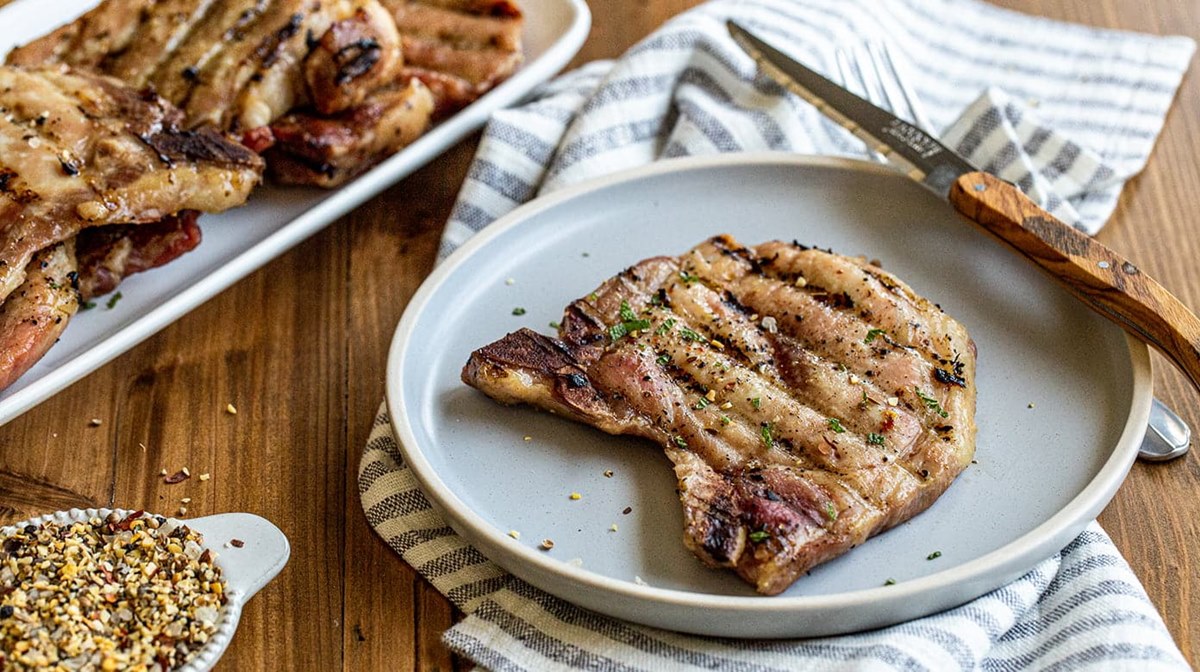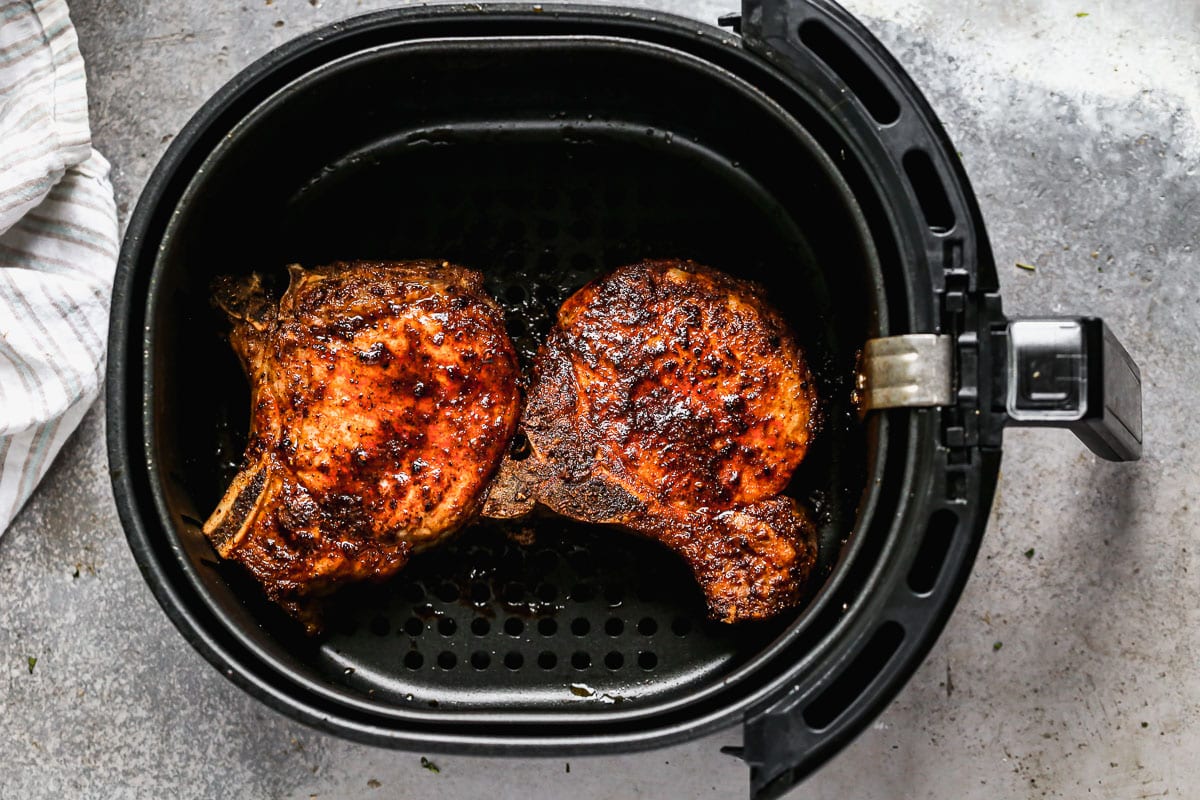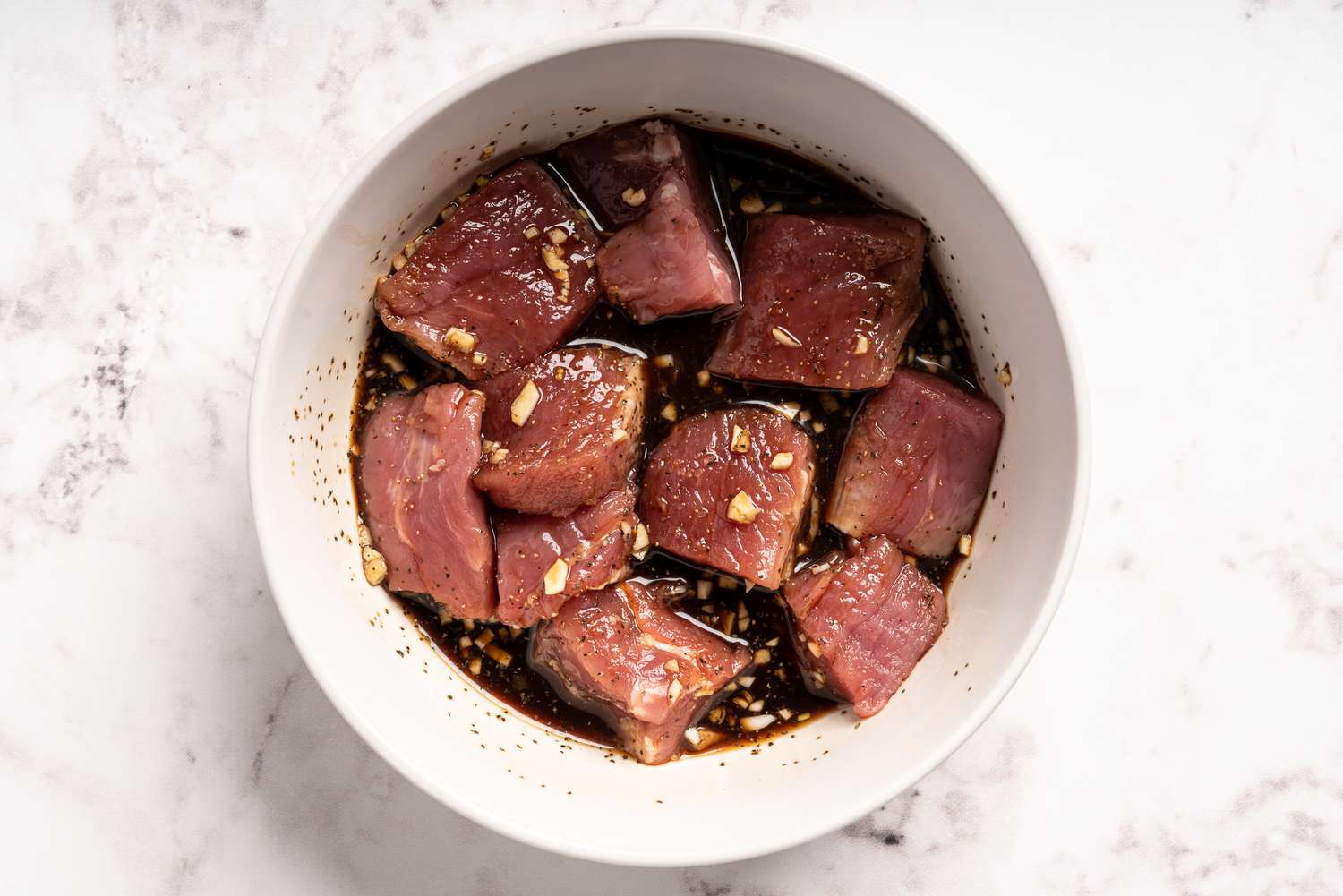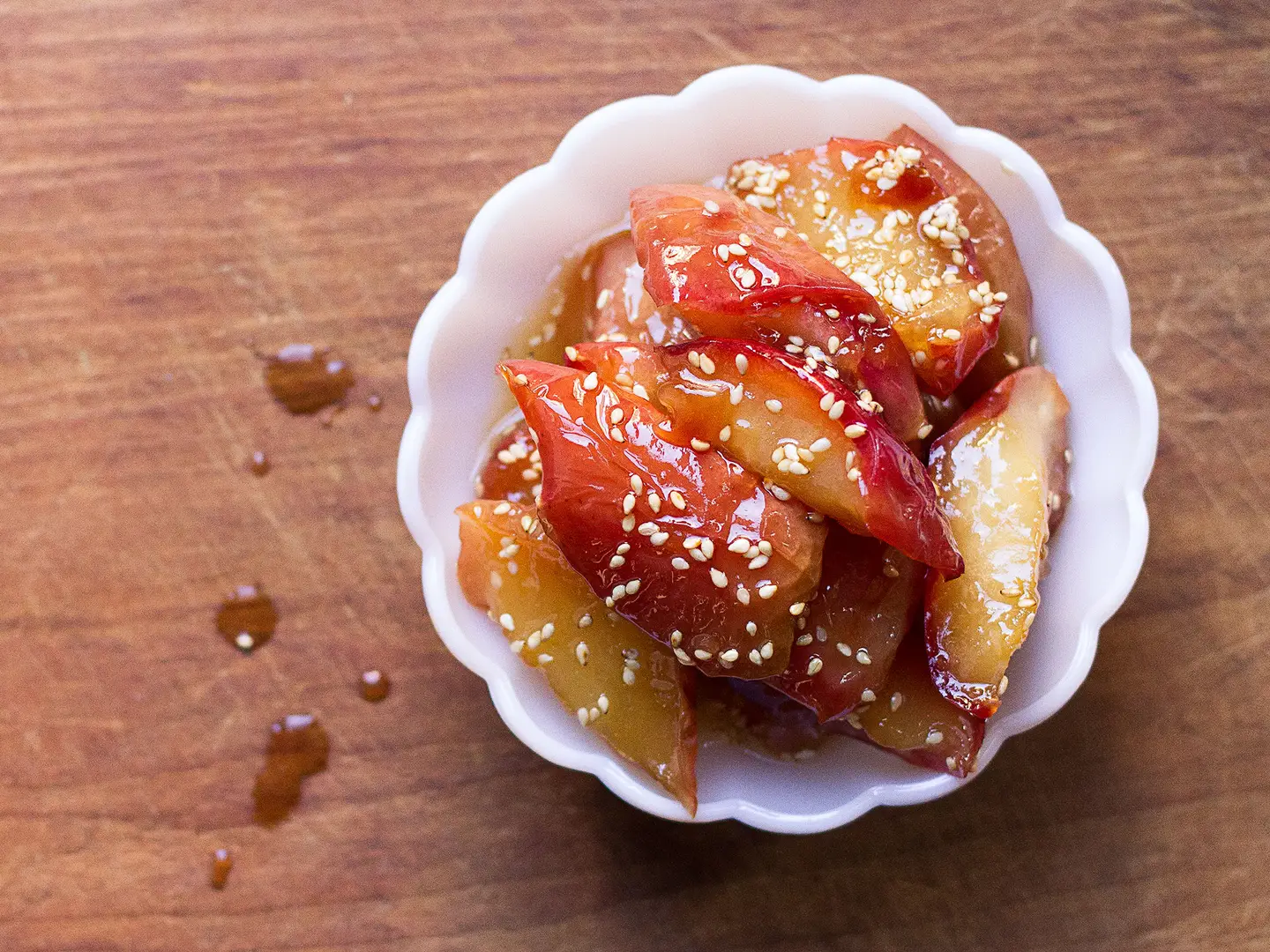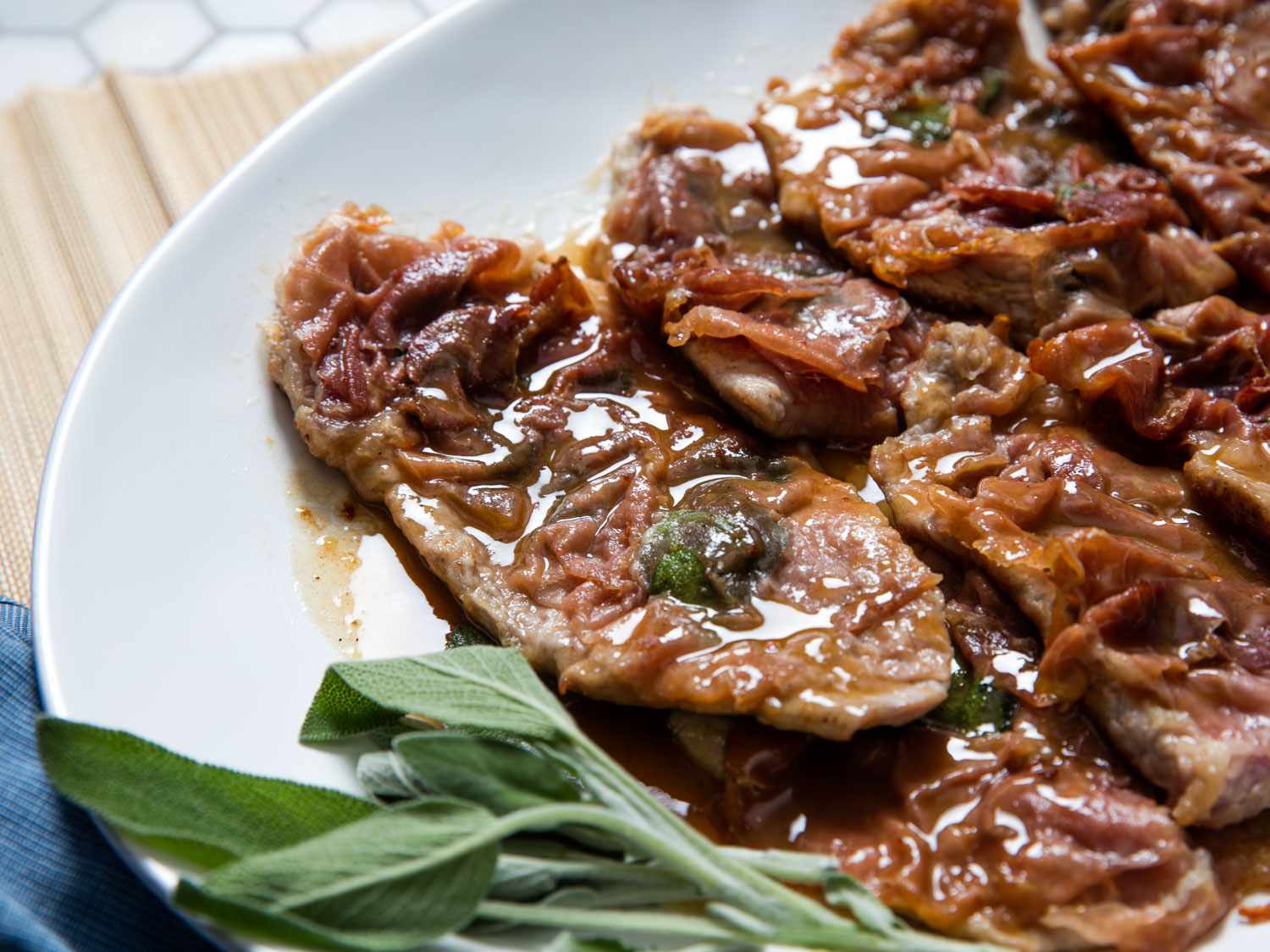Marinating Pork Chops for Perfectly Fried Delights
There’s nothing quite like the sizzle of a perfectly fried pork chop. To achieve that delicious flavor and juicy tenderness, it all starts with the marinating process. Whether you’re a cooking novice or a seasoned pro, mastering the art of marinating pork chops can take your culinary skills to the next level. Here’s a step-by-step guide to marinating pork chops for frying that will leave your taste buds begging for more.
Choose the Right Pork Chops
Before you begin marinating, it’s essential to select the right cut of pork chops. Look for chops that are about 1 inch thick and have a good amount of marbling. This will ensure that your pork chops remain juicy and flavorful during the frying process.
Prepare the Marinade
The key to a delicious marinated pork chop lies in the marinade. Here’s a simple yet flavorful marinade recipe that you can use:
- 1/4 cup soy sauce
- 2 tablespoons olive oil
- 2 cloves garlic, minced
- 1 tablespoon brown sugar
- 1 teaspoon paprika
- 1/2 teaspoon black pepper
Feel free to customize the marinade with your favorite herbs and spices to suit your taste preferences.
Marinating Process
Once you have prepared the marinade, it’s time to marinate the pork chops. Follow these simple steps:
- Place the pork chops in a shallow dish or a resealable plastic bag.
- Pour the marinade over the pork chops, ensuring that they are evenly coated.
- Cover the dish or seal the bag, then refrigerate for at least 30 minutes. For best results, marinate the pork chops for 4-6 hours or overnight to allow the flavors to fully infuse into the meat.
Enhance the Flavor with Citrus
If you want to add a zesty kick to your marinated pork chops, consider incorporating citrus juices such as lemon or orange into the marinade. The acidity of the citrus juices can help tenderize the meat and add a refreshing twist to the flavor profile.
Prep for Frying
Once the pork chops have marinated to perfection, it’s time to prepare them for frying. Remove the pork chops from the marinade and pat them dry with paper towels. Allowing excess marinade to drip off will prevent splattering when frying and ensure that the pork chops achieve a crispy exterior.
Perfectly Fried Pork Chops
When it comes to frying marinated pork chops, it’s important to achieve the perfect balance of crispiness on the outside and juicy tenderness on the inside. Here are a few tips for frying pork chops:
- Heat a skillet or frying pan over medium-high heat and add a small amount of oil.
- Once the oil is hot, carefully place the pork chops in the pan, ensuring that they are not overcrowded.
- Cook the pork chops for 4-5 minutes on each side, or until they are golden brown and reach an internal temperature of 145°F.
- Allow the pork chops to rest for a few minutes before serving to lock in the juices.
Now that you’ve mastered the art of marinating pork chops for frying, it’s time to savor the fruits of your labor. Serve the delectable pork chops alongside your favorite sides and enjoy a mouthwatering meal that will have everyone asking for seconds!
With these simple yet effective marinating and frying techniques, you can elevate your pork chop game and impress your family and friends with your culinary prowess. So, roll up your sleeves, gather your ingredients, and get ready to fry up some unforgettable pork chop delights!
More Delicious Pork Chop Recipes to Try
Having mastered the art of marinating pork chops for frying, why not explore a variety of recipes to truly showcase your new skills? For a taste of Asian cuisine, the Korean BBQ Style Pork Chops and Asian-Style Soy and Ginger Pork Chops offer unique flavors that are both rich and engaging. If you're inclined towards something with a bit of a kick, the Spicy Paprika and Lime Pork Chops will not disappoint. For those who prefer a sweeter profile, trying out the Honey Garlic Marinated Pork Chops or Maple and Mustard Marinated Pork Chops can be delightful. Each recipe provides a different palette of flavors, ensuring there's always something new to bring to your table. I recommend starting with the Korean BBQ Style Pork Chops for their irresistible blend of sweet and savory notes, which are sure to impress any dinner guest.
